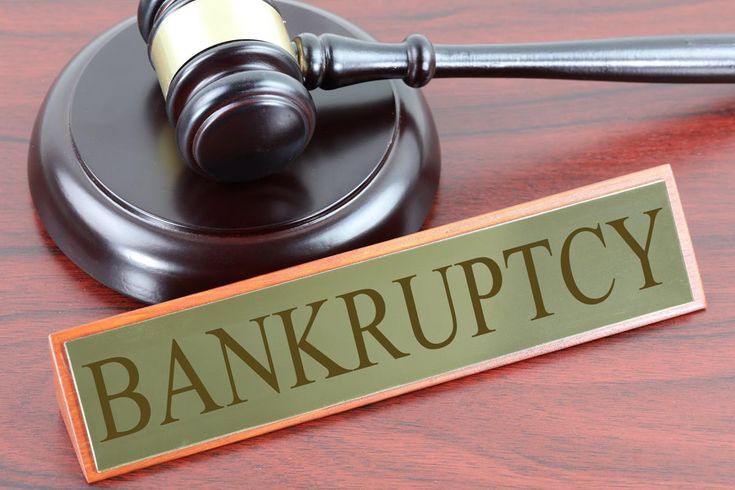Understanding your options is crucial when grappling with overwhelming debt. Two common avenues people explore are debt consolidation and bankruptcy. While both aim to address financial distress, they operate fundamentally differently and have distinct consequences. This article will delve into the differences between debt consolidation and bankruptcy, offering insights to help you make an informed decision. Consulting a bankruptcy lawyer can provide tailored advice if you’re in Tampa and seeking guidance.
Debt consolidation is a strategy that involves combining multiple debts into a single loan, often with a lower interest rate. The goal is to simplify payments and reduce the total interest paid over time. This method can be advantageous if you have various high-interest debts, such as credit cards, personal loans, or medical bills. By consolidating these debts into one loan, you can make a single monthly payment, which may be more manageable than juggling several payments with different due dates and interest rates.
Various forms of debt consolidation include personal loans, home equity loans, and balance transfer credit cards. Each option has its pros and cons. For instance, personal loans can be unsecured, meaning you don’t need to put up collateral, but they might come with higher interest rates if your credit score is not strong. Home equity loans use your home as collateral, which can offer lower interest rates, but you risk losing your home if you default. Balance transfer credit cards often provide an introductory period with zero interest, but the interest rates can skyrocket if you don’t pay off the balance within that period.
Debt consolidation can relieve constant creditor calls and reduce the mental burden of managing multiple debts. However, it doesn’t reduce the principal amount owed. It’s a reorganization of debt rather than a reduction, and it requires discipline to avoid accruing new debts while paying off the consolidated loan.
On the other hand, bankruptcy is a legal process that can discharge or restructure your debts under the protection of a federal court. There are different types of bankruptcy, with Chapter 7 and Chapter 13 being the most common for individuals.
Chapter 7 bankruptcy, often called liquidation bankruptcy, involves selling non-exempt assets to pay off as much debt as possible. The remaining eligible debts are then discharged. This process is relatively quick, typically taking a few months. However, it can have severe long-term impacts on your credit score, making it difficult to obtain loans or credit in the future.
Chapter 13 bankruptcy, or reorganization bankruptcy, allows you to keep your property and repay debts over three to five years according to a court-approved plan. This option might be suitable if you have a steady income but need time to catch up on missed payments. Unlike Chapter 7, Chapter 13 stays on your credit report for seven years.
Choosing bankruptcy has profound implications. It can provide a fresh start by eliminating overwhelming debt, but it has significant downsides. The process is public, can be emotionally taxing, and has long-lasting effects on your financial health. Additionally, not all debts can be discharged in bankruptcy; for example, student loans and certain tax debts typically remain.
If you reside in Tampa and are considering bankruptcy, consulting with a bankruptcy lawyer is advisable. A bankruptcy lawyer can help you understand the law’s nuances, evaluate your financial situation, and guide you through the legal process. They can also help you determine whether you qualify for Chapter 7 or if Chapter 13 might be a better fit based on your income and debt structure.
Debt consolidation and bankruptcy offer different pathways for dealing with substantial debt. Debt consolidation simplifies and potentially reduces interest payments without reducing the principal debt, requiring a disciplined approach to avoid further financial pitfalls. Bankruptcy, whether Chapter 7 or Chapter 13, offers a more drastic solution, providing a potential fresh start but with significant long-term repercussions. Seeking the expertise of a bankruptcy lawyer in Tampa can provide clarity and help you navigate these complex decisions, ensuring you choose the best course of action for your financial future.
Stay in touch to get more news & updates on ventsbuzz.com!
